English Language Arts Curriculum

WE Read…
to be empowered in an ever changing world.
- We believe ALL students are readers and can learn to read, read to learn.
- We build and foster strong literacy foundations in our students, so they are able to access texts across multiple genres to be the change we wish to see in the world.
- We know and believe the Science of Reading as a vast, interdisciplinary body of scientifically-based research about reading and issues related to reading and writing.
- We are committed to evidence-aligned reading instruction being scaled with a sense of urgency in a comprehensive and systematic way by multiple stakeholders.

WE Communicate…
to share our ideas and to learn about others and the world around us.
- We develop our communication skills that focus on speaking, listening, and writing.
- We engage in productive conversations to encourage students and staff to provide and consider unique thoughts, ideas, and perspectives.

WE Value…
our students, staff, and community and their right to read, learn, and grow.
- We encourage student voice and choice so students read widely and become lifelong, passionate readers.
- We utilize research in instruction and assessment to equip staff with evidence-aligned reading practices.
Grades K-5 K-5 Curriculum (Tier 1)

How can I help my child, or student??
- Check out the resources on Amplify’s Caregiver Hub to support your child: https://amplify.com/caregiver-hub/amplify-ckla/
- Colonial’s CKLA Parent Pamphlet
- Reading Rockets: Reading 101: A Guide for Parents
- Reading Tips for Parents/Caregivers
Grounded in the Science of Reading and following the Core Knowledge approach, Amplify CKLA K–5 curriculum combines rich, diverse content knowledge in history, science, literature, and the arts with systematic research-based foundational skills instruction.
Explicit, easy-to-use lessons systematically cover 100 percent of foundational skills standards, setting every student up to succeed. Multisensory phonics and foundational skills resources help students practice key skills using fun, varied approaches that build independence.
Amplify CKLA’s intentional approach to background knowledge invites students to dig deeper and make connections across content areas. Amplify CKLA enables students to build a robust knowledge base for accessing and unpacking complex texts so real comprehension can happen.
Grades 6-12 Curriculum (Tier 1)

Resources include but are not limited to:
- McDougal Littell
- CommonLit
- Novels
Our curriculum is designed to meet the demands of the common core state standards through rich, diverse text. Teachers follow District-created units of study and utilize research-based strategies to engage students in high-quality instructional materials.
We differentiate through scaffolding on-grade-level text so that students may become proficient readers.
A District-wide resource used throughout various classrooms is CommonLit. CommonLit has a wide range of text genres and modes, including rhetorical analysis, poetry, multimedia and primary source documents. The resources also include:
- Culminating tasks that include authentic opportunities for real-world application, including project-focused learning opportunities.
- Additional texts in each unit that support students’ knowledge-building and reading stamina
- Optional during reading questions that foster reading comprehension
- Additional texts from diverse authors
- Explicit instructional guidance for teachers
MTSS Process and Academic RTI
(Tier 1, Tier 2, Tier 3)

Additional Resources:
MTSS is a multi-step process of providing instruction and support to promote the academic and behavioral success of all children. Individual children’s progress is monitored and results are used to make decisions about further instruction and intervention. MTSS is most commonly used in addressing reading, math and behavior, but it can also be used in other areas. The MTSS process is flexible and designed by school districts to meet the needs of their students.
The ELA intervention programs we use to support students, specifically in the areas of phonemic awareness, phonological awareness, symbol recognition, alphabet knowledge, decoding, encoding, fluency include, but are not limited to the following:
- Discovery Intensive Phonics
- Recipe for Reading
- Corrective Reading
- UFLI
- Blueprint for Phonological Awareness
- Blueprint for Phonics
- Road to the Code
- RAPS (Reading Assist for Primary Students)
- Quickreads
- Rewards
The intervention programs are grounded in the Orton-Gillingham methodology and in Structured Literacy.
